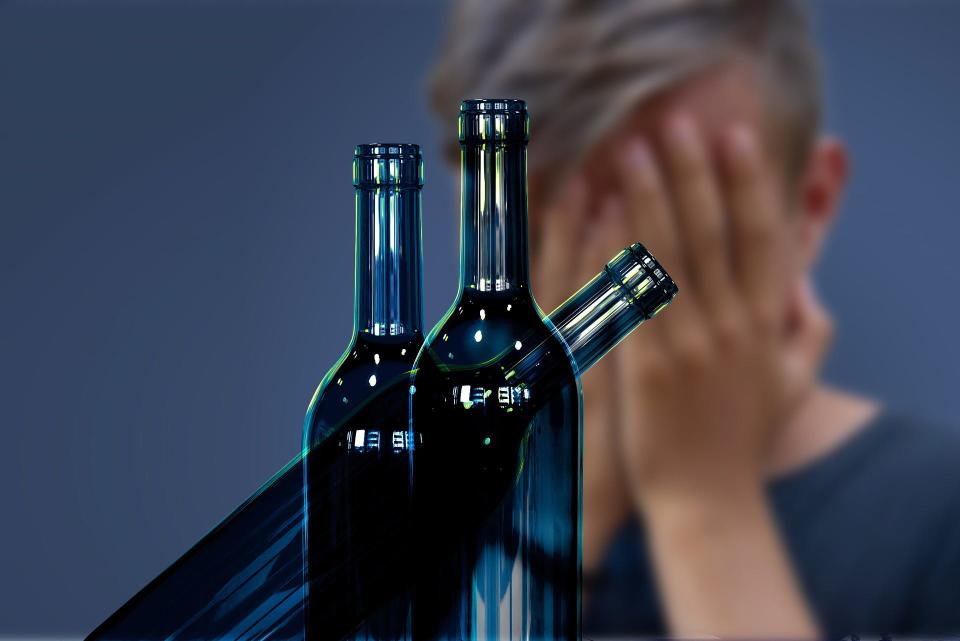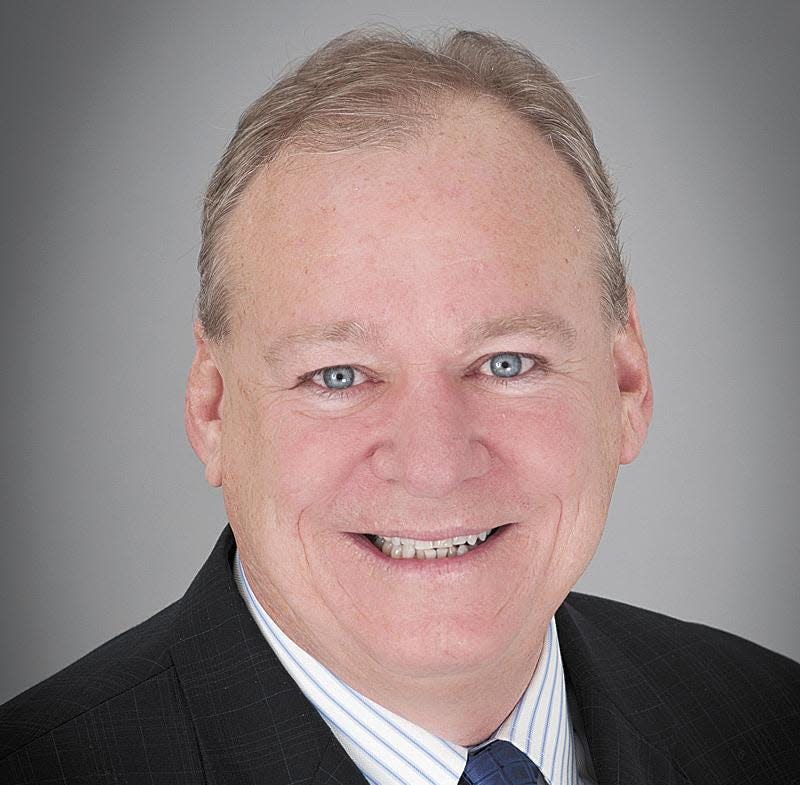It’s time to dispel 6 common myths around alcohol use
Much attention has been directed to the opioid epidemic – and rightly so – as it has caused more than 320 deaths in Rhode Island last year alone. While this statistic is shocking, it’s important to note that alcohol is still the drug of choice over all other drugs – over opioids and heroin, over marijuana, over cocaine – and we are losing too many people to alcohol abuse.
The intent of this column is not to diminish the much-needed attention given opioids and other serious substances. The intent lies in reminding us that alcohol is a substance that is abused at a higher rate, and that there are myths we need to “bust” around substance use disorder, treatment, and recovery, to ensure everyone gets the help they need.
Myth 1: More people die from opioid overdoses than from alcohol.

Fact: Each year in the U.S., 95,000 people die from alcohol-related causes, with opioid deaths at 85,000. In reality, alcohol-related deaths are much higher than reported because they are often masked as liver failure, falls, seizures, car accidents, hemorrhages or other alcohol-related medical conditions. Newport County and the State of Rhode Island are certainly not immune from this. RI has the highest rate of death due to alcohol poisoning in New England. Most alcohol poisoning deaths are white men between the age of 35-64 (78%) but increasingly younger men and women are at risk with a rise in binge drinking.
Myth 2: Alcohol use is in its own category, separate from substance use.
Fact: Substance use disorders include those involving legal drugs, including alcohol.
When people have a substance use disorder, they need the substance to relieve them of physical and/or mental pain. Physiological changes also occur in their brain that make them dependent and unable to stop drinking or using a drug.
Alcohol use disorder (AUD) is a medical condition characterized by an impaired ability to stop or control alcohol use despite adverse relationship, work, health, and sometimes legal consequences. In the U.S., approximately one-third of all adults will meet the criteria for AUD at some point during their lives.
Myth 3: I can go cold turkey and just stop drinking when I want to.
Fact: If you are addicted to alcohol, stopping cold turkey can be life threatening. People with AUD may need medical help to avoid life-threatening withdrawal symptoms if they abruptly stop drinking. Withdrawal symptoms can include anxiety, tremors, nausea, and insomnia; and, in severe cases, can progress to seizures and delirium tremens, which are characterized by visual hallucinations, profound confusion, agitation, hyperthermia, and cardiovascular collapse.

Myth 4: Abstinence is the only way to recover from abusing alcohol.
Fact: When full abstinence is not achievable, a person may benefit from a harm reduction plan. In other words, therapists, counselors, doctors, family, and others help the person reduce the amount of the substance consumed as well as increase the length of time between uses. In time, the person may quit altogether, or he or she may not, but the person is managing and connecting with family and friends in the most effective way possible.
Myth 5: When trying to remain clean and sober, you should not take psychiatric medications as they are just a crutch or are unsafe to take while drinking.
Fact: This is false. In approximately 40% of those presenting for alcohol or drug treatment, a comprehensive assessment finds an underlying mental health disorder that, when addressed, reduces substance use. Depression, mood disorders, anxiety disorders, or PTSD are common underlying conditions. Many antidepressants and mood stabilizing medications are not addictive and often help, but benzodiazepines are highly addicting and should be avoided.
Myth 6: Nothing works. My spouse, friend, or loved one who drinks is hopeless and there is nothing we can do to help.
Fact: All individuals suffering from AUD deserve treatment and can recover, no matter the severity of the disorder. There are multiple effective, evidence-based treatment approaches for AUD including medications, behavioral treatments (counseling), and mutual support groups (AA and others).
Combining multiple interventions and supports is the most effective way to remain sober or reduce the amount of drinking and its negative impact on a person’s life. The best course of treatment is a four- to five-day detox immediately followed by residential treatment or intensive supports to keep the person away from alcohol for as long a period as possible while they learn the recovery skills needed to navigate the inevitable cravings and triggers that challenge their sobriety. There are effective, non-addicting medications that should be combined with other recovery supports. Naltrexone helps reduce drinking by reducing the pleasurable effects of alcohol. Another medication, acamprosate, helps reduce cravings.
There is Hope in Trying
Statistics reveal that the recovery rate for those who undergo intensive, multi-day medical detox followed by inpatient rehabilitation is only 25 percent. But many do recover, because they keep trying.
Each time a person is in detox/rehab, his or her chances for recovery increases. In most cases, someone who has undergone detox and rehab four times has an 85- to 90-percent chance that he or she will be clean and sober one year later. Further, harm reduction approaches can also be successful in helping people drink less, extend periods of time that they remain sober, and, if they relapse, drink less and for a shorter period of time.
Help is available. Newport County is fortunate to have an array of effective alcohol and substance use recovery services, including those provided by Newport Hospital, CODAC, Newport Mental Health, Hope Recovery Center, and private therapists. Mutual support groups, like Alcoholics Anonymous and SMART Recovery, meet locally and can also be the key to a successful recovery. Other people respond to spiritually-based support groups. Take that first step to get help, or if you have already tried, do not give up. Recovery from alcohol use disorder is possible.
Jamie Lehane is president & CEO of Newport Mental Health in Middletown. Peace of Mind, which is co-written with Kristan McClintock, runs in the Newport Daily News and online at newportri.com.
This article originally appeared on The Providence Journal: It’s time to dispel 6 common myths around alcohol use

